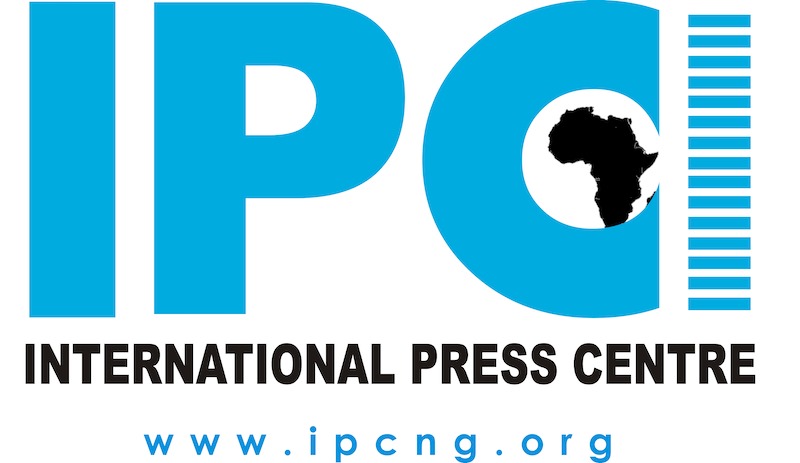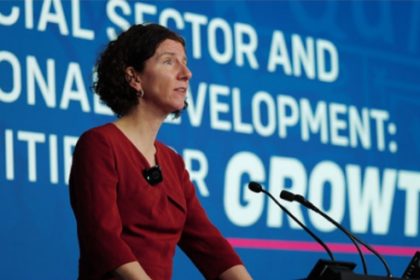By Adeyemi Adekunle
As dawn broke over Lagos, the nation braced for a day of widespread protests against the government’s stringent economic policies. The streets, teeming with determined demonstrators, bore witness not only to the people’s grievances but also to the harrowing experiences of journalists striving to document the truth. The International Press Centre (IPC) has condemned in the strongest terms the violent assaults on media professionals who faced unprecedented threats while covering these events.
In Lagos, the vibrant commercial hub of Nigeria, the atmosphere was tense. Benard Akede of News Central Television found himself at the mercy of overzealous police officers and Lagos State Civil Command (LCC) officials. His attempts to broadcast live from the protest were thwarted as authorities barred him and his colleagues from conducting interviews, an act tantamount to censorship in a democratic society.
The situation was even more perilous in Kano. Ibrahim Isah, a correspondent for TVC News, was in the thick of the action when hoodlums armed with weapons attacked him. Isah sustained injuries to his hand, a stark reminder of the hazards journalists face in the line of duty.
The violence did not end there; a vehicle belonging to Channels Television, ferrying eleven journalists, was vandalized. The shaken journalists, including Isah, were left to grapple with the trauma of the attack.
The Federal Capital Territory (FCT), Abuja, known for its political gravitas, was not spared. Yakubu Mohammed of Premium Times encountered a brutal assault by police officers. Struck with batons and gun butts, Mohammed suffered head injuries. Cameras belonging to other journalists were destroyed in a clear attempt to stifle media coverage.
The incident escalated further when Jide Oyekunle, a photojournalist with Daily Independent, was arrested, and his mobile phone seized. Mary Adeboye of News Central Television was caught in the crossfire, affected by tear gas deployed by police.
In Calabar, Cross River State, the violence took a sinister turn. Hoodlums launched a vicious attack on journalists, with Nigerian Tribune’s Joseph Abasi-Abasi sustaining serious injuries.
The assailants targeted an 18-seater bus belonging to the Nigeria Union of Journalists (NUJ) transporting food to the Ernest Etim Press Centre. Jonathan Ugbal of Cross River Watch was arrested, beaten, and taken to an unknown destination before his eventual release.
Delta State saw its own share of chaos. Journalists Matthew Ochei of Punch Newspaper, Monday Osayande of Guardian Newspaper, and Lucy from the Pointer were attacked by anti-protest protesters. As they conducted interviews and took photographs, these pro-government thugs smashed their equipment and physically assaulted them.
The IPC’s Press Freedom Officer, Melody Akinjiyan, decried these attacks as a troubling recurrence of past abuses. “Journalists on legitimate duty should never be assaulted by law enforcement agencies or thugs,” she stated emphatically. Akinjiyan underscored that such incidents occurred despite IPC’s and other media groups’ appeals for a safe environment for journalists.
“It is regrettable that these incidents were recorded despite calls by IPC and other media groups on stakeholders and security agencies to ensure a safe environment for journalists covering the protests,” Akinjiyan lamented.
She highlighted the constitutional rights of journalists to cover and report on societal activities, calling on the Nigeria Police Force to investigate these attacks and bring the perpetrators to justice.
As Nigeria grapples with its economic challenges, the treatment of journalists during these protests raises critical questions about the state of press freedom and democracy in the country. The IPC’s call for immediate action to safeguard journalists and uphold press freedom is a clarion call for justice and accountability, one that echoes beyond the borders of Nigeria.




